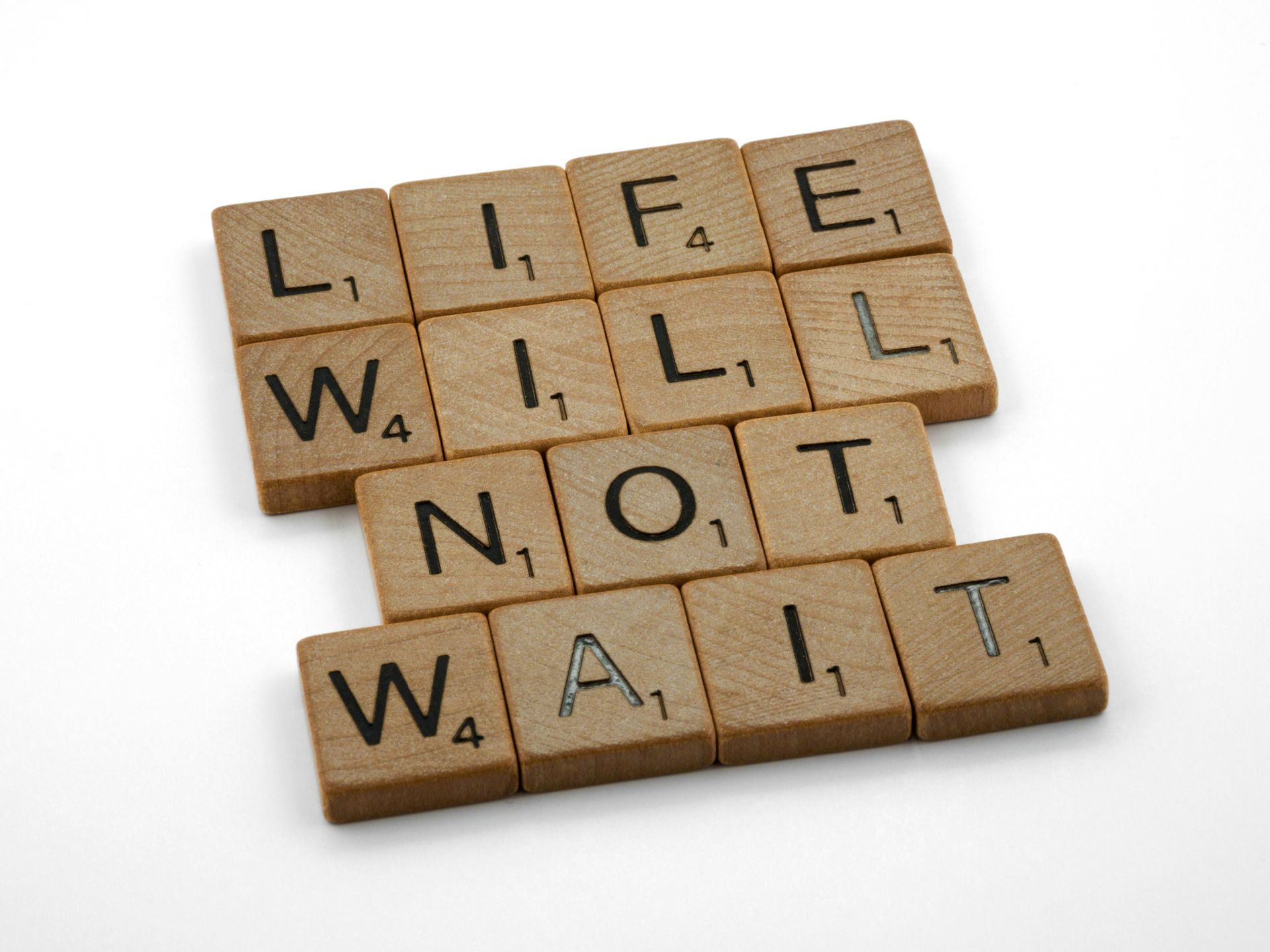
Is Breakfast Truly the Most Important Meal of the Day? Should you eat breakfast to achieve your fitness goals, or could skipping it be more beneficial? I aim to challenge conventional fitness advice when necessary to deliver the best results for my clients. My commitment to tailoring fitness solutions to individual needs is what sets me apart in the personal training industry. In a world dominated by one-size-fits-all approaches, it’s critical to remember that the most important person in any fitness journey is the client. Forcing a rigid mindset on someone often leads to frustration and failure, pushing them away from their goals. For many, breakfast has long been considered a non-negotiable meal. Decades of marketing by the breakfast cereal industry have ingrained the belief that starting the day with a bowl of sugary cereal is essential. For these individuals, switching to a healthier option—like grilled salmon and vegetables—can feel revolutionary. But what if you don’t enjoy breakfast? What if skipping it altogether makes you feel better? The Breakfast Myth: Science vs. Belief For years, health experts have drilled into us that skipping breakfast is a fast track to obesity and chronic disease. The phrase “breakfast is the most important meal of the day” is so entrenched in society that questioning it seems almost heretical. Interestingly, a recent meta-analysis of breakfast-related studies found that the belief in breakfast’s benefits often outweighs the strength of scientific evidence. Researchers uncovered significant biases in how results were interpreted, leading to conflicting conclusions. Does this mean breakfast is bad? Absolutely not. Instead, it highlights the need for an open-minded approach to nutrition, prioritizing what works best for you. While nutrition debates can be divisive, achieving body composition goals ultimately boils down to three basics: creating a calorie deficit, eating nutritious foods, and sticking to the plan.

6 High-Protein Breakfast Ideas to Fuel Your Morning Starting your day with a high-protein breakfast can boost your energy levels, improve focus, and keep you feeling fuller for longer. Whether you're trying to build muscle, maintain weight, or simply stay energized, incorporating more protein into your morning routine can make a big difference. Here are six delicious and easy-to-make high-protein breakfast ideas to kick-start your day.

Through my experience as a Personal Trainer, I have observed the patterns, themes, and trends in a manner by people ive spoken to and worked with. A singular, unifying catalyst for successful weight-loss narratives exists: the moment of realization, an epiphany, the "Aha, I can’t continue this way." This is precisely why the 'healthy at every size' ideology is flawed. You are not healthy at every size. "But one can be ill and underweight too," they retort. Indeed, that is possible, yet it’s merely deflection. The focus here is not on anyone else. If one is overweight, the probability of death escalates. The greater the excess weight, the higher the propensity for illness and the decline in life quality. This is an irrefutable truth, regardless of how anyone attempts to spin it. The term ‘morbid obesity’ (morbid, implying death) exists for a reason.

Discover the Benefits of Pilates: Strength, Flexibility, and Mindfulness Chances are you know someone who practices Pilates or you have at least heard of it. Still, you might not be entirely sure what it is and how it might benefit your health and fitness. Interestingly, Pilates wasn't initially created as a form of everyday exercise. It was actually invented to help dancers recover from injuries. The goal was to aid dancers who suffered from overuse injuries by focusing on strengthening their core muscles, with stronger abdominal, hip, and gluteal muscles, the hope was that dancers would experience fewer overuse injuries. It worked. Dancers who did Pilates suffered fewer injuries. From there, Pilates' popularity grew, and it wasn't long before people realized that anyone could benefit from the low-impact exercise.

5 ways to stay in shape for the summer If you're looking to get in shape around the May-June period to be "ready for the summer" you've probably left it too late, and should click off this article. Ha! Just kidding, getting your body ready for the summer is overrated, and it should be ready regardless for what season it is. Here are five ways to stay in shape during the summer:

"Im doing classes everyday, why am I not losing weight?" "Im hardly eating.." Two common things I hear, and whilst it sounds unbelievable, sometimes exercise does not equal to weight loss. Here are three questions you should honestly ask yourself. Are you really in a calorie deficit? To lose weight, you need to create a calorie deficit consistently over time. Essentially, burn more calories than you’re consuming over a long enough period, and you will lose weight. Exercise burns calories so it must automatically lead to weight loss, right? Not always! Unless you are maintaining that all-important deficit in your energy balance. This is why tracking your meals in a food diary and monitoring your daily activity levels with step count can be useful tools to highlight any areas which might be holding you back. Perhaps you are not a calorie-counting type of person. A caloric deficit will feel like you are starving yourself. This is where people fall into a trap and go on 30-hour fasts because they're not used to eating to a state of satiation, instead they eat to satisfaction, to the point where eating to satisfaction feels like its just enough. Eating to satiation is giving your body just enough nutrients and calories to go about your day, by today's standards its like starving yourself (do you get my drift?!). Are you moving less outside the gym? Non-exercise activity thermogenesis (NEAT) plays a significant role in weight loss—it's the energy expended in activities like walking, playing, or even fidgeting. Starting an exercise program can sometimes lead to a decrease in NEAT, which reduces energy expenditure and undermines your calorie deficit. Maintaining a high NEAT by aiming for at least 10,000 steps daily can counteract this effect.

Maintain Your Transformation Goals While Enjoying Holidays Are you worried about maintaining your fitness journey during the holiday season? Fear not! With the right strategies and mindset, you can stay on track with your transformation goals without sacrificing the joy of festivities. Here's how: Prioritize Planning for Success To ensure you stay on track with your fitness goals during the holidays, it's crucial to plan ahead. Schedule your workouts and meals just like you would any other appointment. By making a plan and sticking to it, you'll be less likely to succumb to temptation or make excuses for skipping workouts. Embrace Flexible Eating During the holidays, it's inevitable that you'll encounter a variety of delicious treats and indulgent meals. Instead of depriving yourself completely, practice flexible eating. Allow yourself to enjoy your favorite holiday foods in moderation, but be mindful of portion sizes and balance them with nutritious options.

While gym training with a partner can have its benefits, there are also potential drawbacks. Here are five reasons why it might be considered a mistake: Dependency : Relying too heavily on a training partner can hinder your ability to push yourself independently. If your partner is unavailable or loses motivation, it can disrupt your own consistency and progress. Skill Level Discrepancy : If your partner is at a significantly different fitness level, it can be challenging to find exercises that suit both of you. This can lead to frustration or even injuries if one person is pushing beyond their capabilities to match the other. Socializing Distractions : While camaraderie can be motivating, it's easy for gym sessions with a partner to become more about socializing than focused training. Excessive chatting can lengthen rest periods and reduce the intensity of workouts. Limited Variety : Training with a partner might limit your exposure to different exercises and training methods. You may become stuck in a routine that doesn't fully address your fitness goals or provide enough variety to prevent plateaus. Dependence on Motivation : If your motivation relies solely on your partner's enthusiasm, you might struggle to maintain consistency when they're not available or lose interest in training altogether if the partnership ends.

Why Skipping Breakfast Might Actually Be Good For You In the realm of nutrition, the concept of skipping breakfast has been a topic of much debate. While conventional wisdom often emphasizes the importance of starting the day with a hearty meal, emerging research suggests that skipping breakfast could offer a range of benefits. Let's delve into the advantages of adopting this unconventional approach to morning eating habits.

Unlocking Your Fitness Potential: The Impact of Procrastination on Health and Fitness Goals Explore the detrimental effects of procrastination on personal training goals and discover actionable strategies to overcome this habit. Learn how consistency and accountability can propel you towards achieving your fitness aspirations. Procrastination acts as a silent saboteur, gradually eroding the momentum needed to achieve optimal fitness results. Whether it's delaying a workout session or making unhealthy dietary choices, the impact of procrastination extends far beyond the immediate moment, affecting long-term progress.
